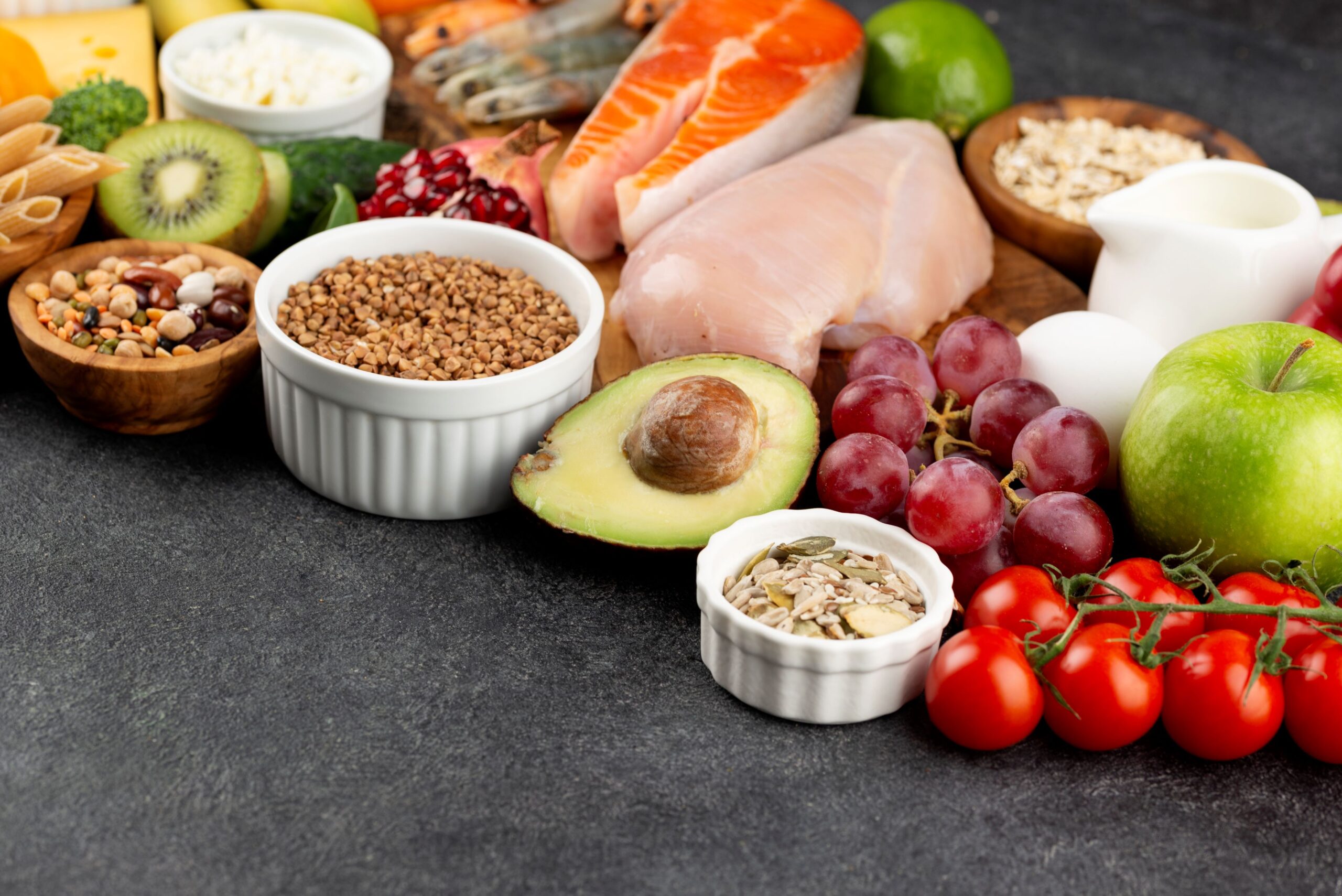Menopause is a natural transition in a woman’s life, marking the end of her reproductive years. While it brings various physiological changes, it can also bring a host of symptoms such as hot flushes, night sweats, mood swings, and weight gain. With a growing focus on women’s health, there is increased interest in holistic approaches to managing menopause. This blog explores nutritional and lifestyle tips to manage menopause symptoms effectively, including the role of phytoestrogens and other supportive nutrients.
Understanding Menopause and Its Symptoms
Menopause typically occurs between the ages of 45 and 55, although it can vary widely. The symptoms experienced during menopause are primarily due to hormonal changes, particularly the decline in oestrogen and progesterone levels. These hormonal shifts can lead to various physical and emotional symptoms that can impact a woman’s quality of life.
Nutritional Tips for Managing Menopause Symptoms
1. Incorporate Phytoestrogens
Phytoestrogens are plant compounds that mimic the effects of oestrogen in the body. They can help balance hormone levels and alleviate some menopausal symptoms such as hot flushes and night sweats. Foods rich in phytoestrogens include:
- Soy Products: Tofu, tempeh, and soy milk
- Flaxseeds: Ground flaxseeds can be added to smoothies, oatmeal, and salads
- Chickpeas and Lentils: These legumes are excellent sources of phytoestrogens and can be easily incorporated into soups, stews, and salads
2. Focus on Calcium and Vitamin D
Bone health becomes increasingly important during menopause due to the increased risk of osteoporosis. Ensuring adequate intake of calcium and vitamin D can help maintain bone density and reduce the risk of fractures.
- Calcium-Rich Foods: Dairy products, leafy greens, and fortified plant-based milks
- Vitamin D Sources: Fatty fish, fortified foods, and adequate sunlight exposure
3. Healthy Fats
Incorporating healthy fats into your diet can support hormone production and overall health. Omega-3 fatty acids, in particular, have anti-inflammatory properties and can help reduce the severity of menopausal symptoms.
- Sources of Omega-3s: Fatty fish (salmon, mackerel), walnuts, chia seeds, and flaxseeds
- Monounsaturated Fats: Olive oil, avocados, and nuts
4. High-Fibre Foods
High-fibre foods can help regulate blood sugar levels, support digestive health, and promote satiety, aiding in weight management during menopause.
- Fibre-Rich Foods: Fruits, vegetables, whole grains, and legumes
Lifestyle Tips for Managing Menopause Symptoms
1. Regular Physical Activity
Exercise is crucial for managing menopause symptoms. Regular physical activity can help maintain a healthy weight, reduce stress, improve mood, and support bone health. Aim for a mix of aerobic exercises, strength training, and flexibility exercises.
- Examples: Walking, swimming, yoga, and strength training exercises
2. Stress Management
Stress can exacerbate menopausal symptoms. Incorporating stress management techniques into your daily routine can help mitigate these effects.
- Techniques: Yoga, meditation, deep breathing exercises, and mindfulness practices
3. Adequate Sleep
Sleep disturbances are common during menopause. Establishing good sleep hygiene can help improve the quality of your sleep.
- Tips for Better Sleep: Maintain a consistent sleep schedule, create a relaxing bedtime routine, and avoid caffeine and heavy meals before bedtime
4. Stay Hydrated
Staying well-hydrated is essential for overall health and can help manage symptoms like hot flushes and dryness.
- Hydration Tips: Drink plenty of water throughout the day and limit caffeine and alcohol intake
Adopting a holistic approach to managing menopause can significantly improve your quality of life. By incorporating phytoestrogens, focusing on essential nutrients, and making lifestyle adjustments, you can manage symptoms more effectively and support your overall health during this transition.
For personalized guidance on managing menopause through nutrition and lifestyle changes, consider booking a consultation with a nutritional therapist or health coach at New Vitality. Our experts can help you develop a tailored plan that aligns with your health goals.
Ready to embrace a holistic approach to managing menopause?
Book your consultation with Jill Dempsey, registered Nutritional Therapist & Health Coach (mNTOI) at New Vitality today.



